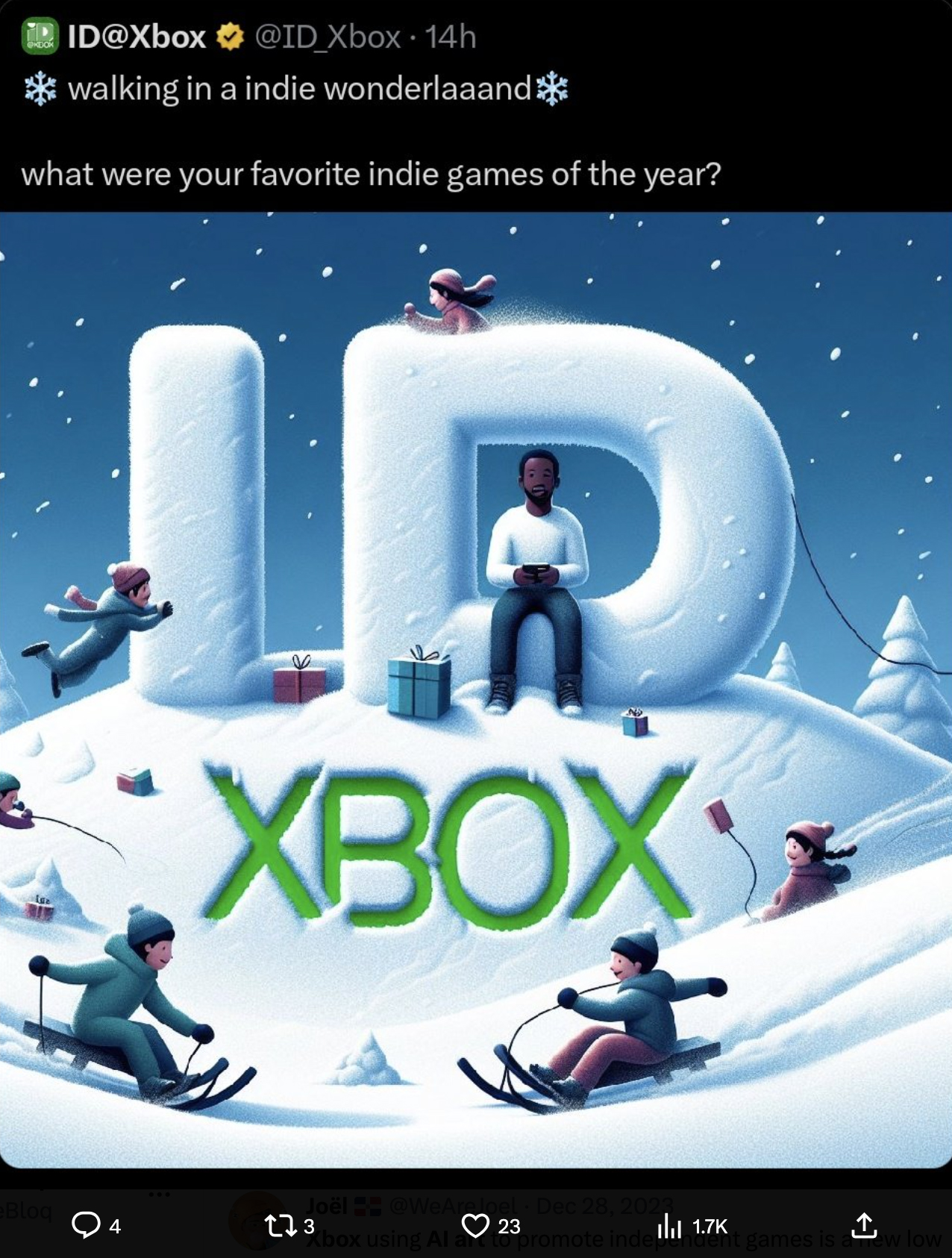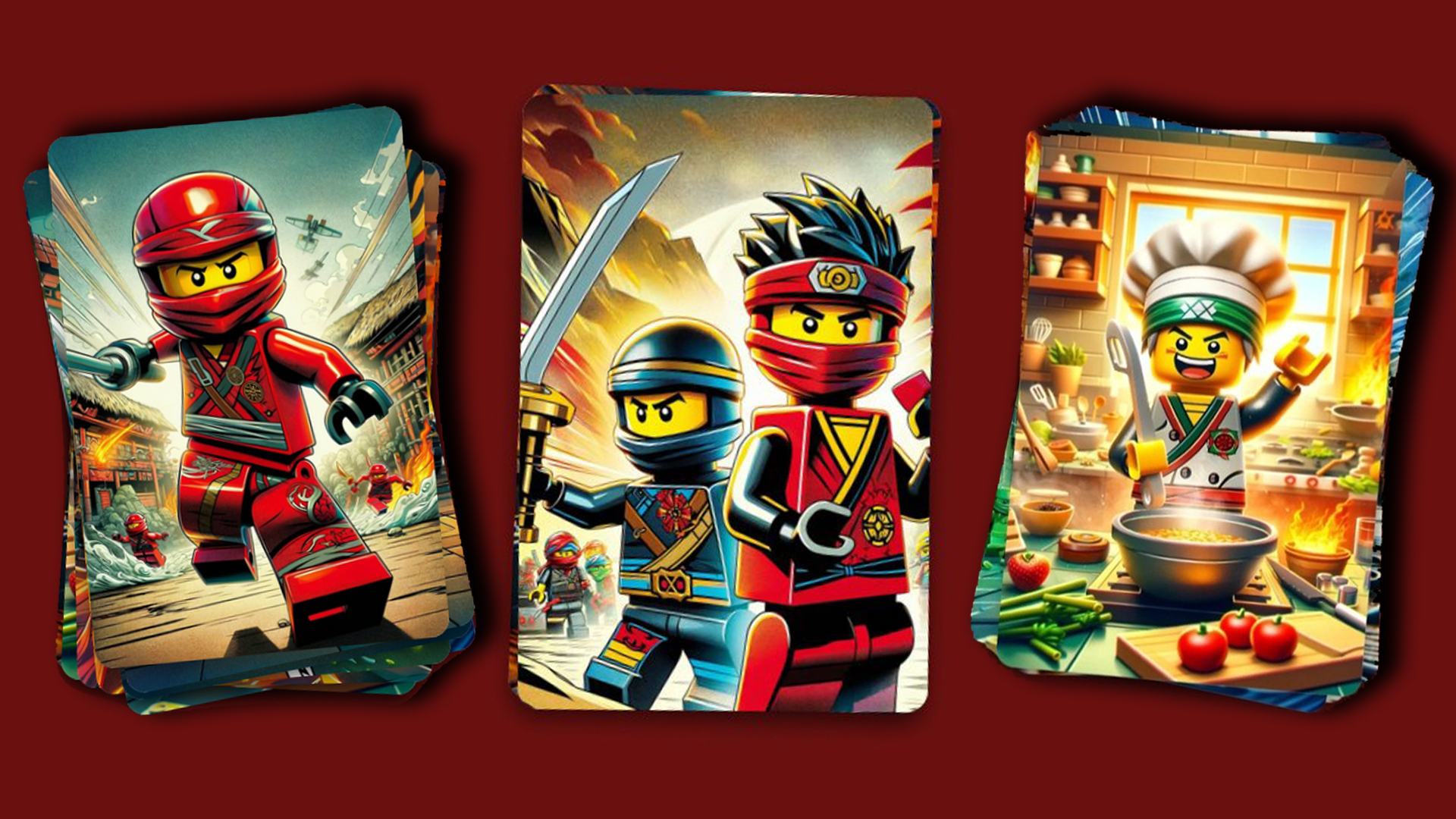
We've been hearing a lot about how generative AI is revolutionising creative work, while potentially putting jobs in danger, but it seems that brands themselves are growing wary. While advertising agencies are reportedly keen to embrace the technology, some of their clients are not so convinced.
The advertising industry media publication Ad Age has reported that more and more businesses are adding clauses in their contracts with ad agencies to ban creatives from using AI image generators and other generative AI tools without express approval. And I can see why.

We've seen several cases of brands suffering fierce backlash from their customers for using AI imagery. Uber Eats upset both customers and restaurants by using AI to invent bizarre fictional images of menu items. Lego angered fans with the images in its Ninjago quiz, and PlayStation was called out for using AI art on social media.
Those cases and others have shown that use of AI imagery can harm a brand's image. Meanwhile, companies are also concerned that using AI could contaminate their output with another brand's imprint and also that their own intellectual property could be used to train AI models.

A problem they face is detecting it. Big brands don't tend to produce their own advertising assets in-house. That gives rise to the risk that an agency working for them could use AI-generated content without their knowledge. To try to protect themselves, some are introducing "No AI" clauses into their contracts. And the bans aren't just in relation to the final product.
Ad Age's report quotes an anonymous agency CEO, who told the publication that three recent master service agreements his company had signed prohibited the use of AI of any kind, without prior authorisation. "That even means they don't want us to use AI to help work on concepts, not just anything that goes out the door," the executive said.
There are other good reasons for brands to be wary of using AI. While developers such as Adobe insist that their AI image generators are safe for commercial work because they didn't infringe on artists' copyright, no all platforms can make that claim, and some are facing legal challenges. A blanket ban is simpler than getting into the detail of what AI is OK and what isn't.
There's also the potential issue of legislation. Currently, there are few if any regulations governing the use of AI imagery, but the European Union is drawing up legislation that would require AI content to be identified with a disclaimer. That could end up being something as unobtrusive as the 'image has been digitally altered' small print already used in many countries, but it remains to be seen what form it will take.
The Association of National Advertisers has itself recommended that brands include clauses on AI. All in all, it seems we've quickly come a long way from when brands were happily using 'AI' as a selling point. It was only in September when Coca-Cola thought it was getting on the zeitgeist with an Y3000 flavor "co-created with AI".







